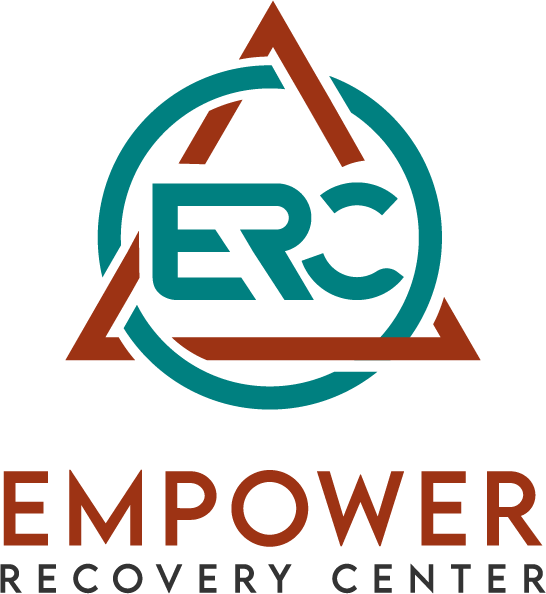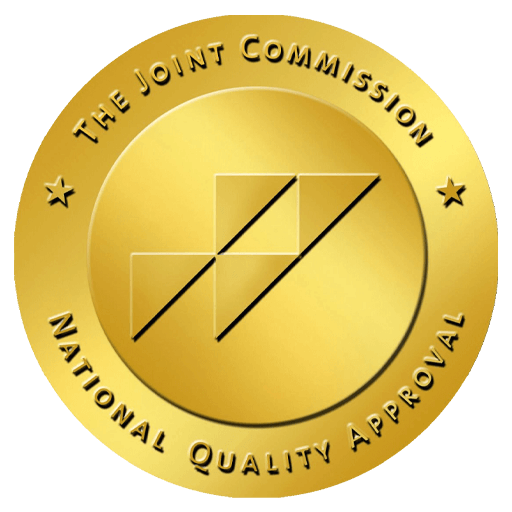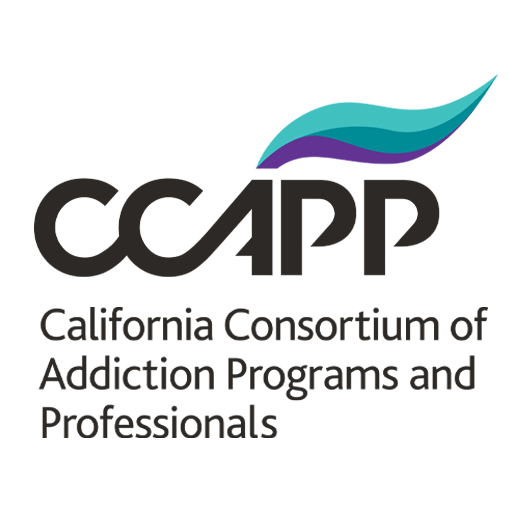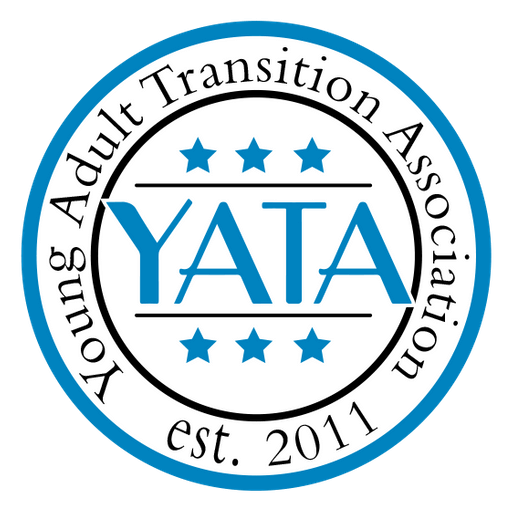Unraveling ADHD Failure to Launch
ADHD failure to launch is a term that captures the struggle many individuals with ADHD face when transitioning to adulthood. This phenomenon describes young adults who find it challenging to embrace independence and responsibility, often remaining dependent on their families well into their twenties or beyond. The symptoms of ADHD–ranging from inattention and impulsivity to hyperactivity–play a significant role in this delayed progression, impacting educational, occupational, and social aspects of life.
From my two decades of professional experience at Empower Recovery Center, I’ve witnessed numerous clients grappling with ADHD failure to launch. It’s crucial to acknowledge the intricate layers involved, from genetics to environmental factors, that contribute to these challenges. By delving into personal stories and evidence-based practices, we can better understand and address the unique hurdles faced by these individuals.
Causes of ADHD Failure to Launch
The roots of ADHD failure to launch are multifaceted. In many cases, executive function deficits associated with ADHD impair a person’s ability to organize, plan, and prioritize tasks. As a result, mundane activities such as managing finances or maintaining a job become overwhelming. This can lead to a cycle of avoidance and procrastination.
Additionally, emotional dysregulation often accompanies ADHD, exacerbating the difficulty in maintaining relationships or managing stress. Without adequate coping mechanisms, young adults may feel paralyzed by their responsibilities. At Empower Recovery Center, we often see how these factors interplay with societal pressures, creating a heightened sense of inadequacy and fear of failure.
Parents and caregivers also play a pivotal role. Overprotectiveness or enabling behaviors might unintentionally hinder autonomy. It’s essential to strike a balance between support and independence, fostering an environment where individuals can learn from their mistakes and grow.
How Can We Address ADHD Failure to Launch?
Addressing ADHD failure to launch requires a strategic and compassionate approach. At Empower Recovery Center, we follow these key steps to empower young adults:
- Individualized Assessment: Conducting thorough evaluations to identify specific needs and strengths.
- Skill Development: Implementing programs focused on enhancing life skills such as time management, budgeting, and job readiness.
- Therapeutic Interventions: Utilizing cognitive behavioral therapy and other evidence-based methods to foster emotional resilience and self-awareness.
- Parental Involvement: Encouraging supportive parenting that promotes independence while providing guidance.
- Community Support: Building networks with peer groups to share experiences and cultivate a sense of belonging.
- Ongoing Monitoring: Continual assessment and adaptation of strategies to ensure effective progress.
It’s vital to remember that progress may be non-linear, requiring patience and persistence. By addressing both the psychological and practical aspects of ADHD, we lay the groundwork for meaningful and lasting change.
Anecdotes from Clients
Real-life stories illustrate the complexities of ADHD failure to launch. Consider Jane, a 23-year-old with ADHD who struggled to complete her college education. Despite an evident intellectual aptitude, her inability to manage deadlines resulted in academic probation. At Empower Recovery Center, we introduced Jane to a structured routine incorporating study sessions and mindfulness exercises, allowing her to gain a sense of control over her environment.
Another client, Tom, floundered in his first job due to poor organizational skills. We provided him with vocational training that emphasized task segmentation and prioritization, enabling him to excel in his role. These narratives highlight the importance of tailored intervention and the profound impact it can have on overcoming ADHD failure to launch.
What Steps Can Parents Take to Prevent ADHD Failure to Launch?
Parents can actively work to prevent ADHD failure to launch by fostering independence while offering structured support. The following steps are recommended:
- Encourage early involvement in household responsibilities to build competence and confidence.
- Promote open communication about goals, struggles, and achievements.
- Set realistic expectations, emphasizing effort over perfection.
- Incorporate consistent routines to help establish a sense of stability and predictability.
These steps create a nurturing environment that balances guidance with autonomy, essential for navigating the path to self-sufficiency.
Examining the Long-term Impact
The consequences of ADHD failure to launch extend far beyond immediate concerns, potentially affecting one’s lifelong trajectory. Individuals might experience prolonged dependency on family, delayed career advancements, and hindered personal relationships. However, addressing these issues early can significantly alter outcomes.
When equipped with the right tools and support, individuals can transition from dependency to capable independence. Empower Recovery Center’s alumni program exemplifies this by providing ongoing encouragement and resources, ensuring that our clients not only achieve short-term goals but also sustain their achievements over the long term.
By confronting ADHD failure to launch head-on, we unlock potential and foster resilience, paving the way for a fulfilling and self-reliant future.








